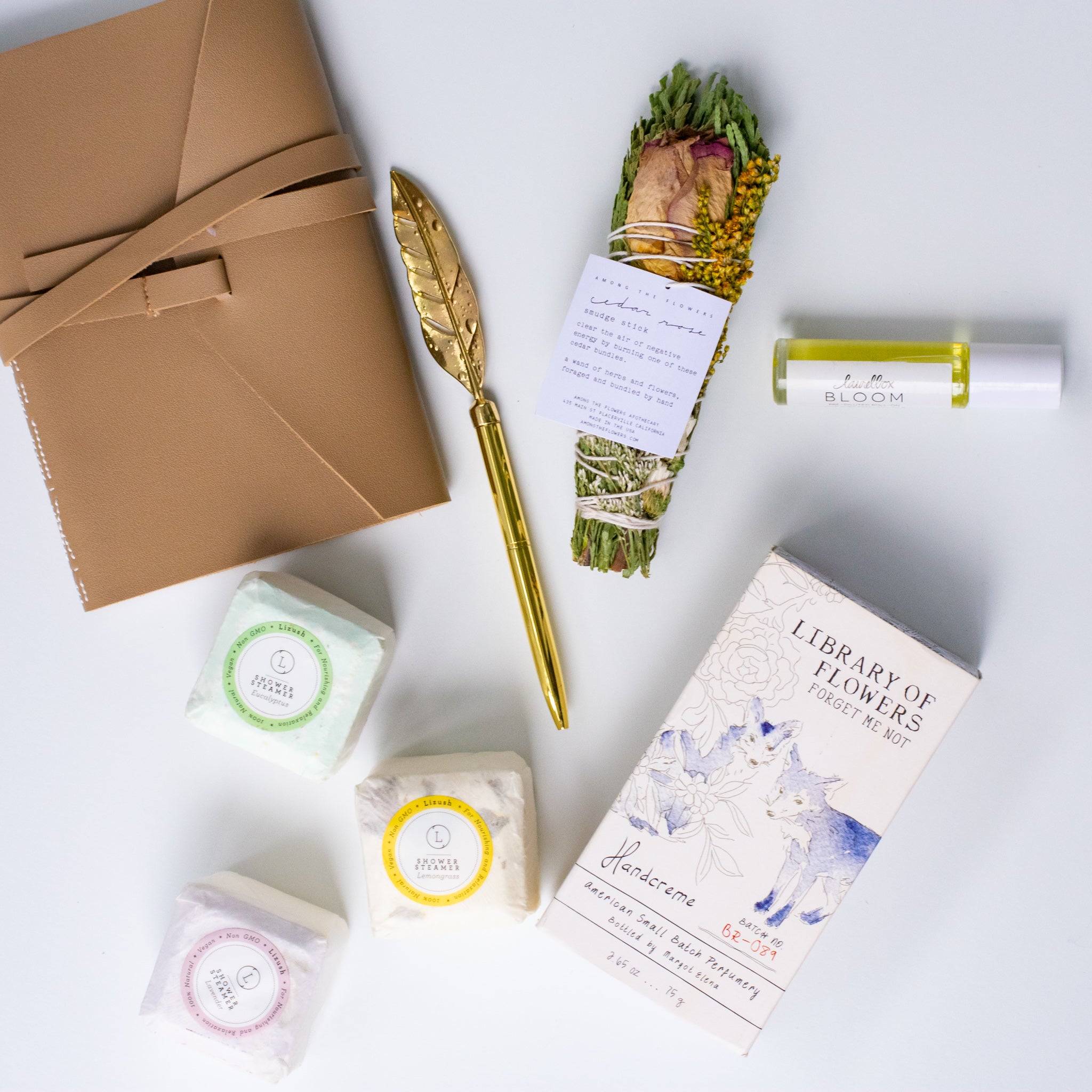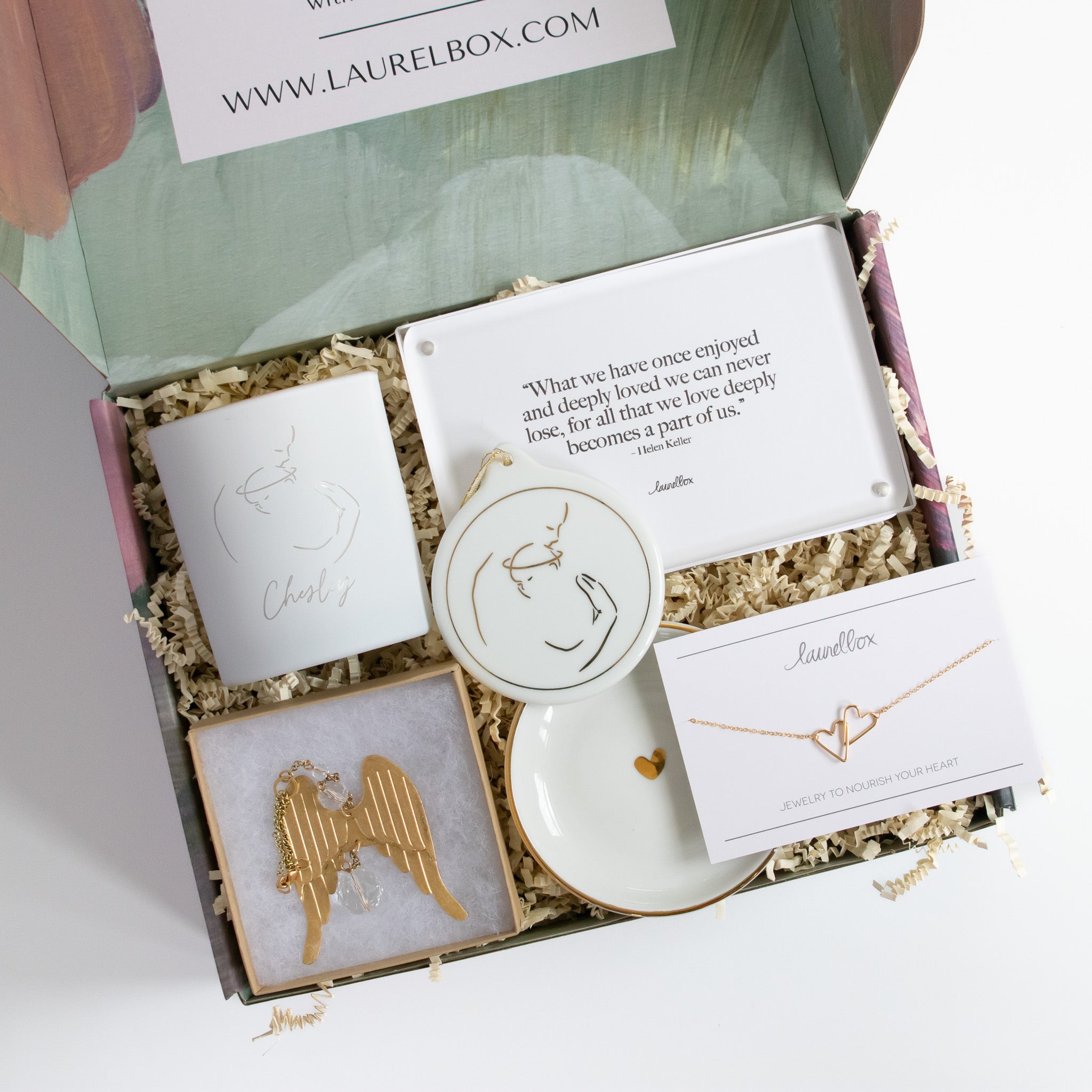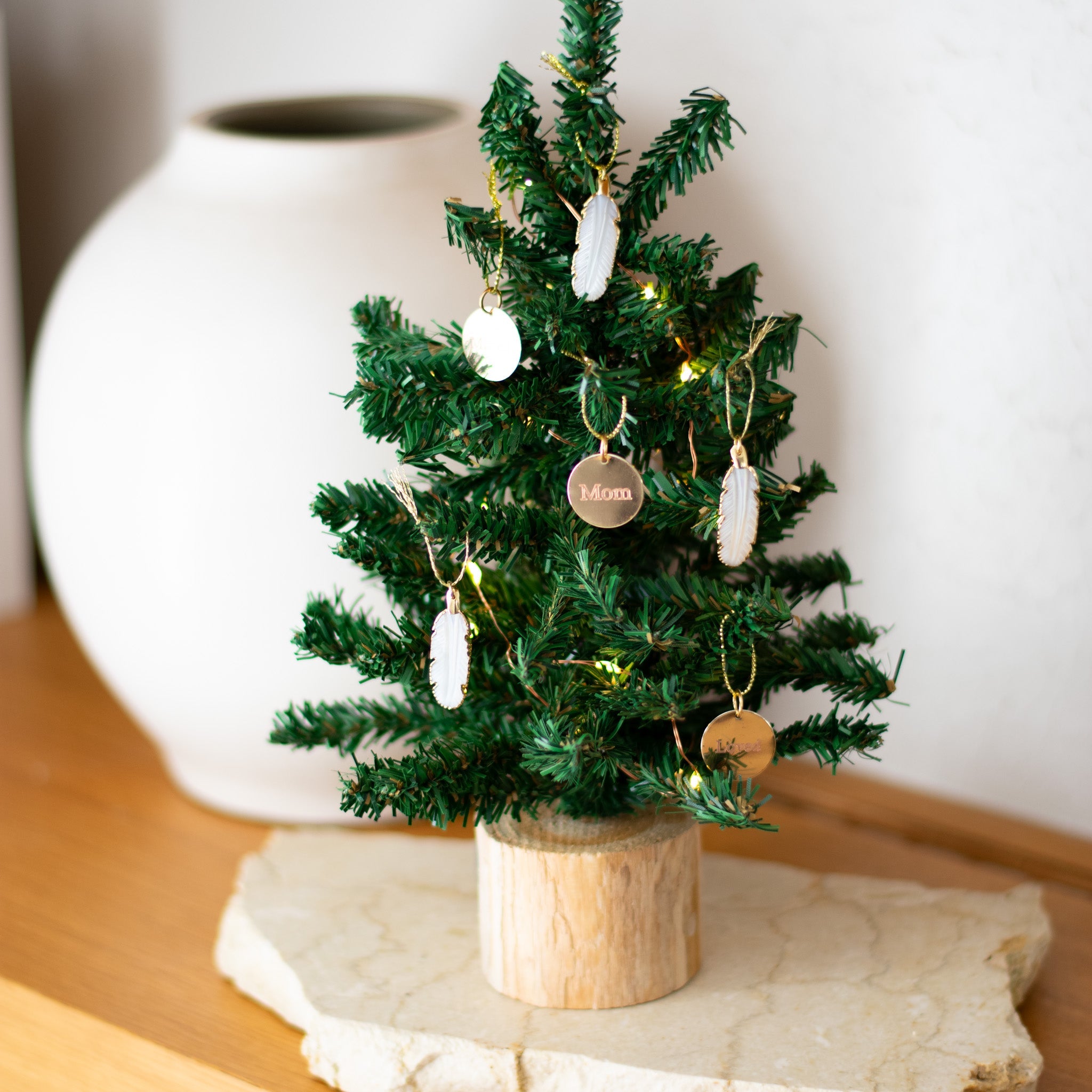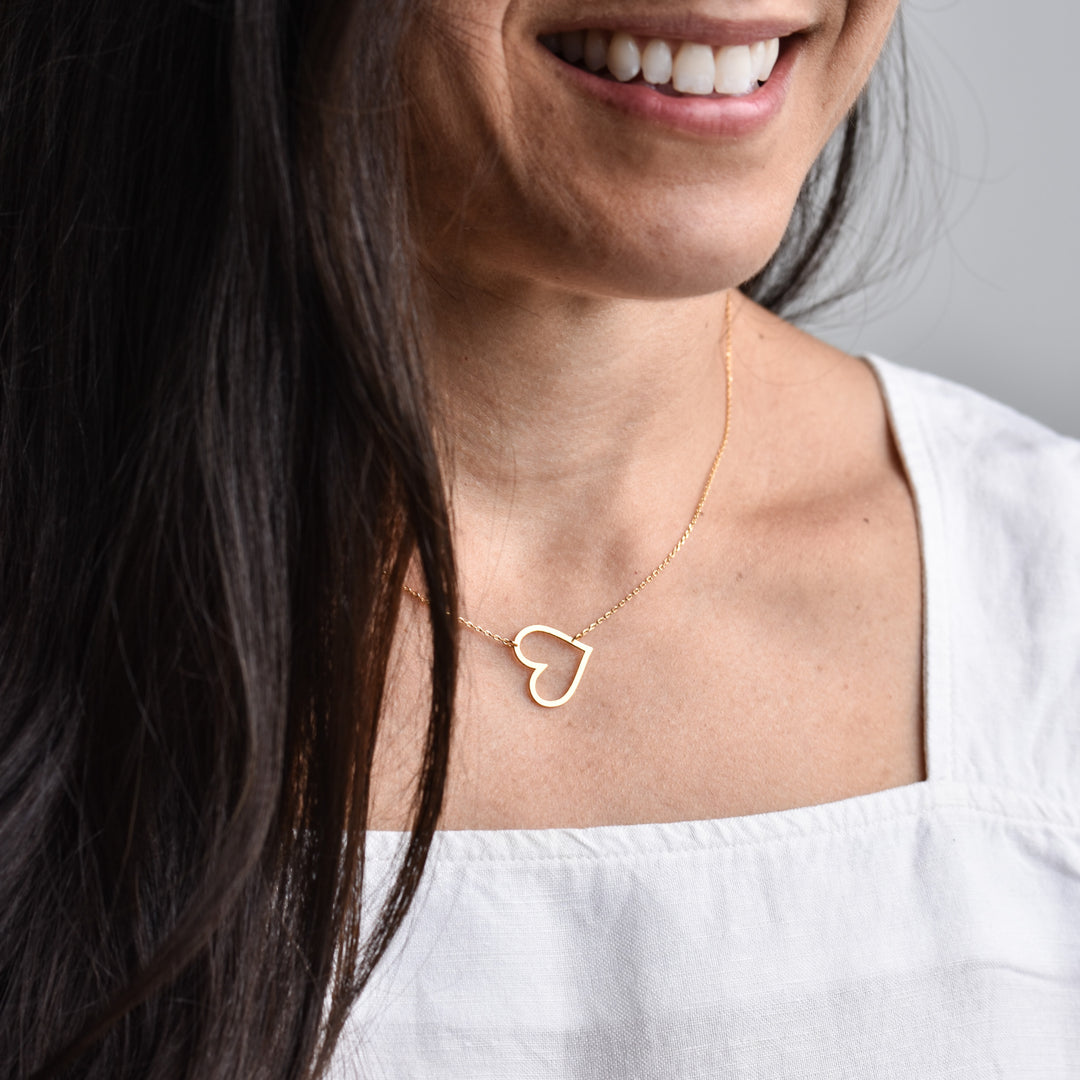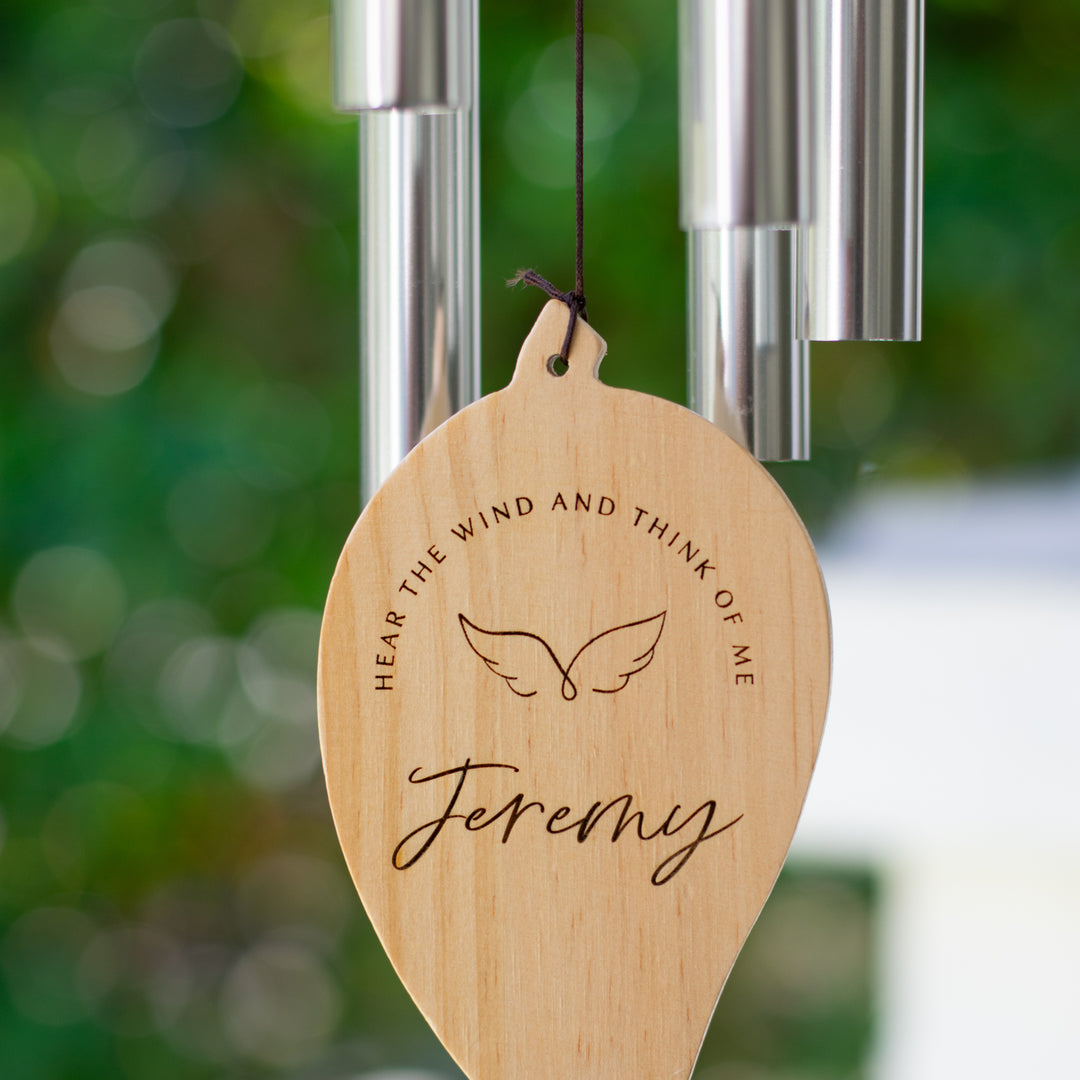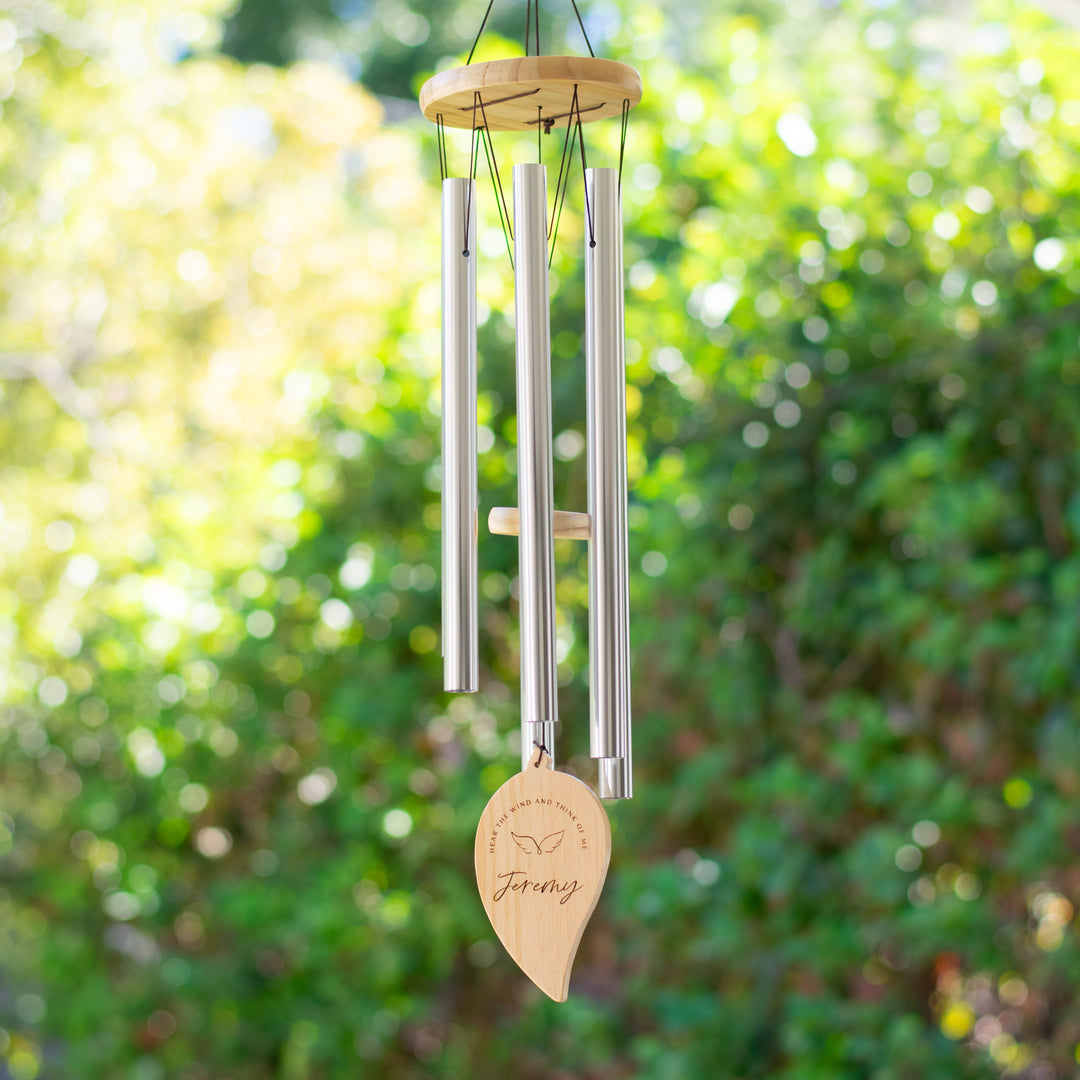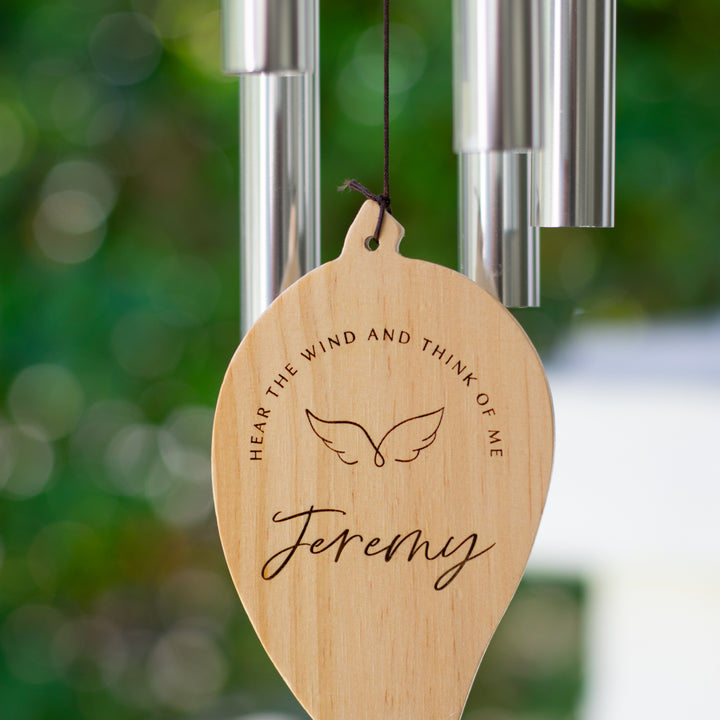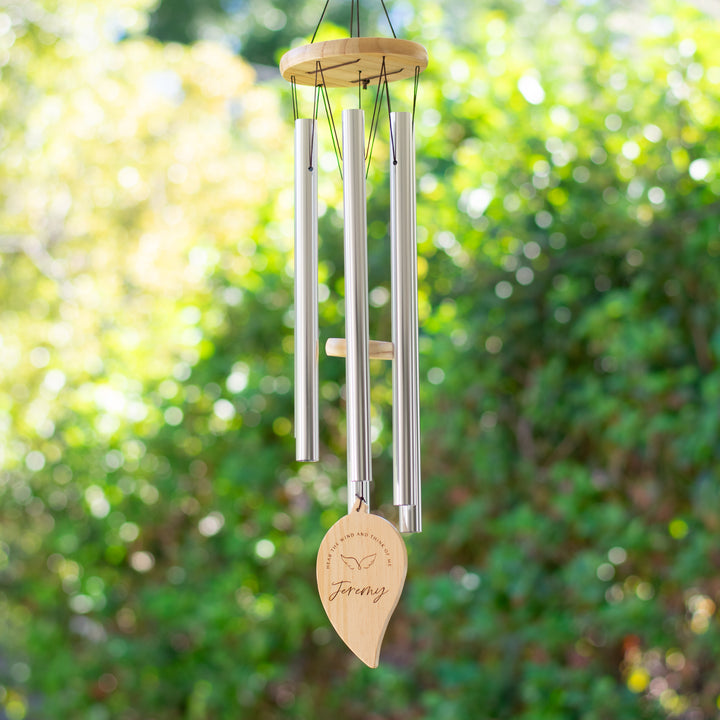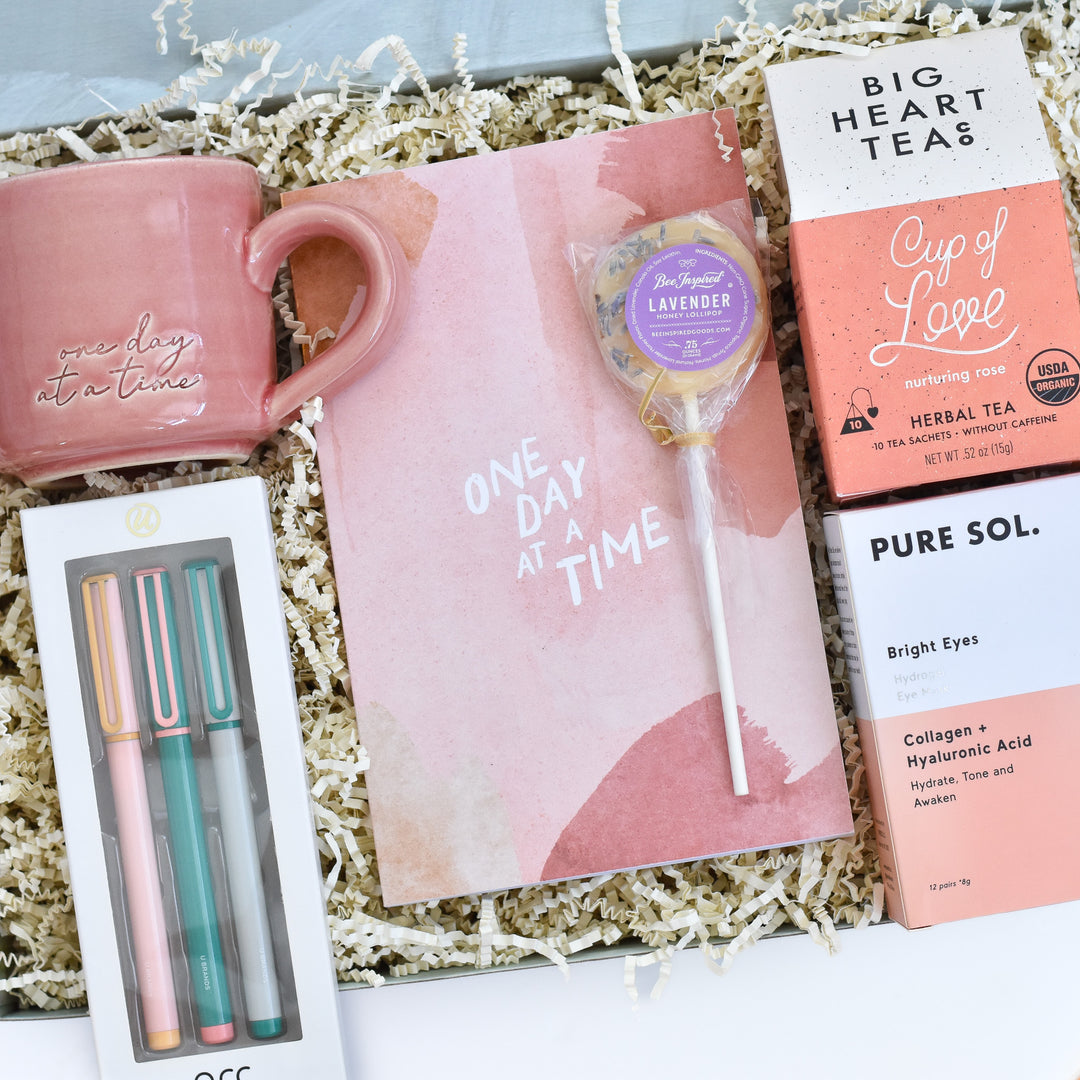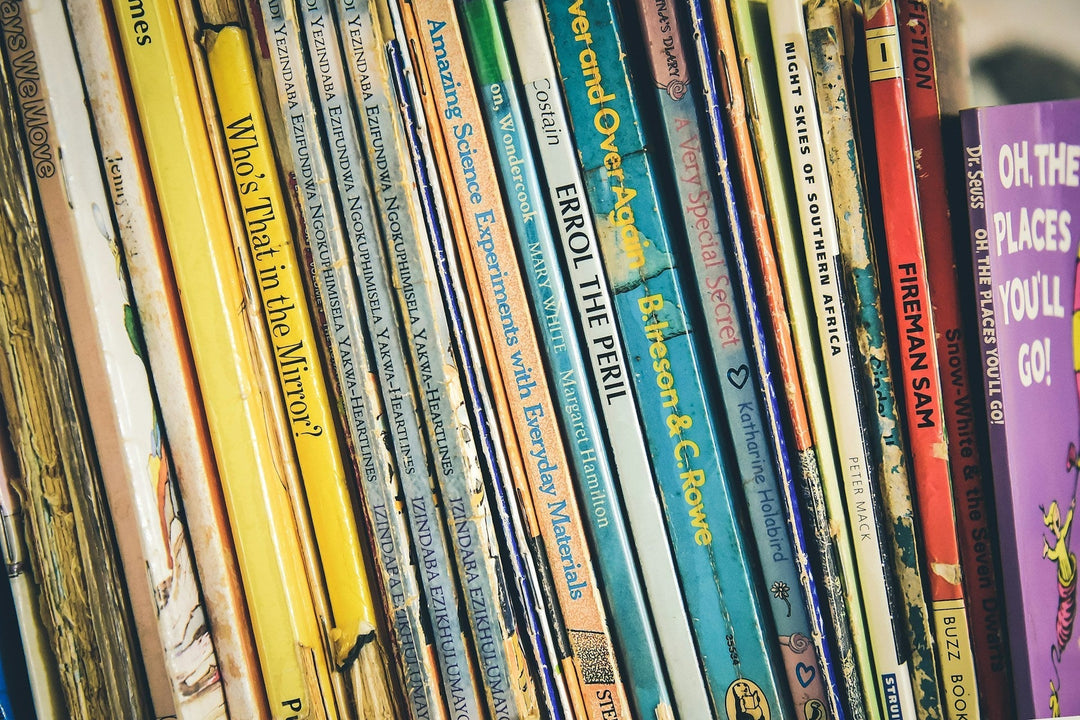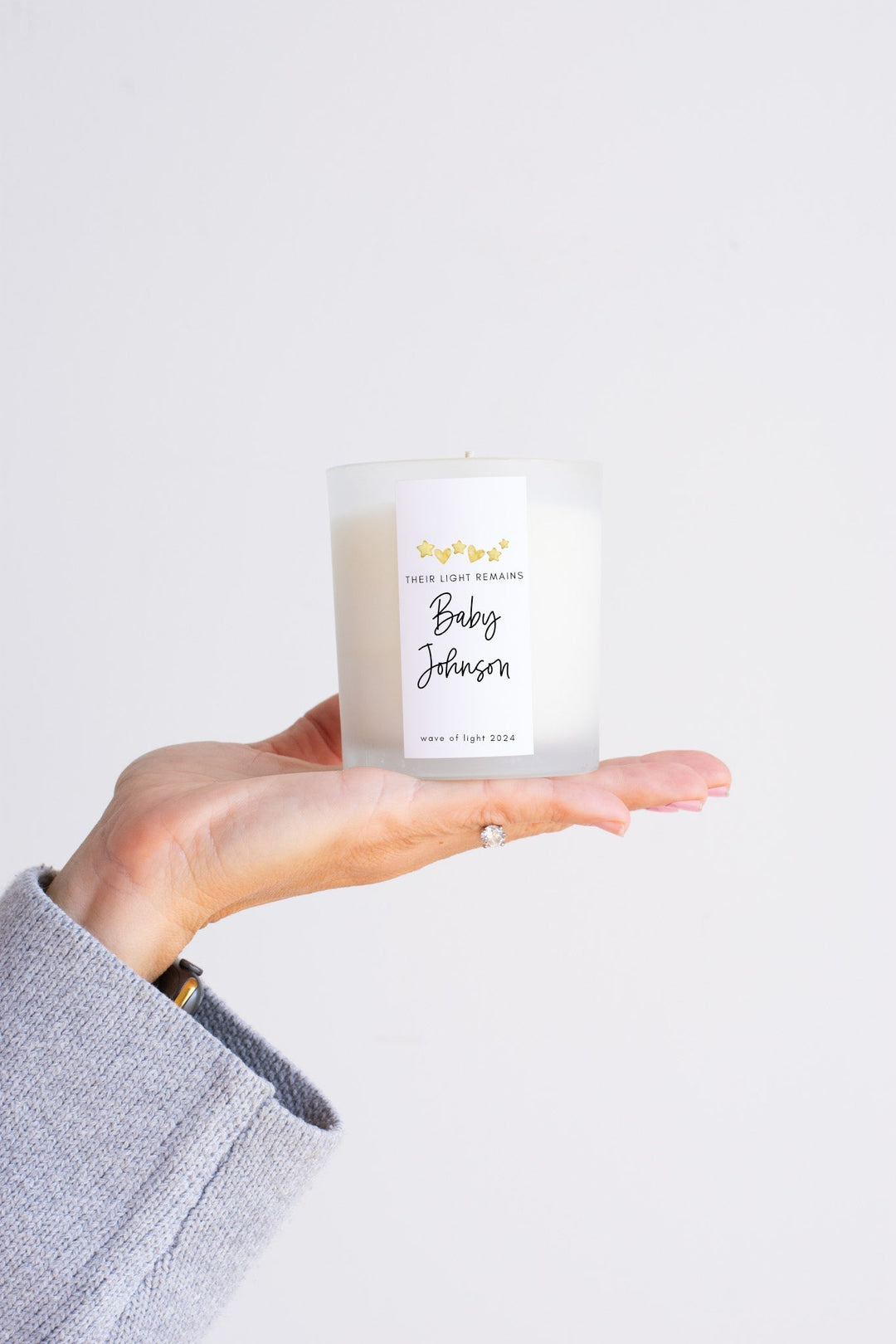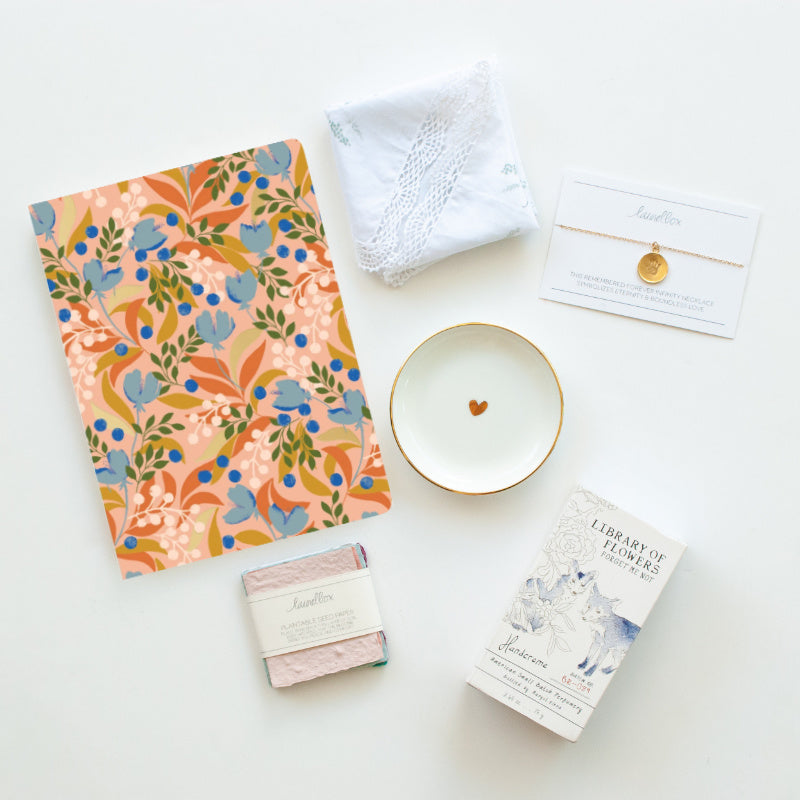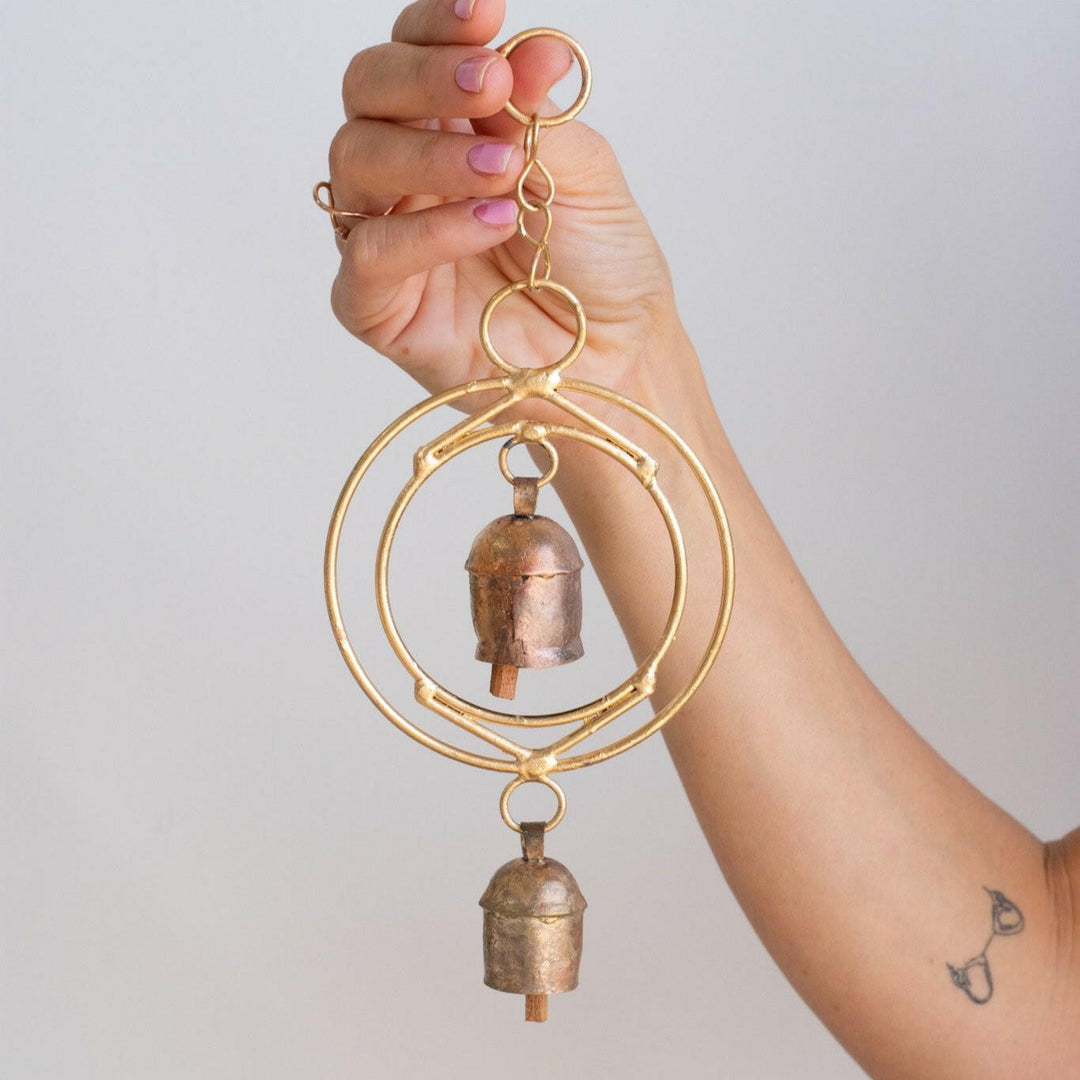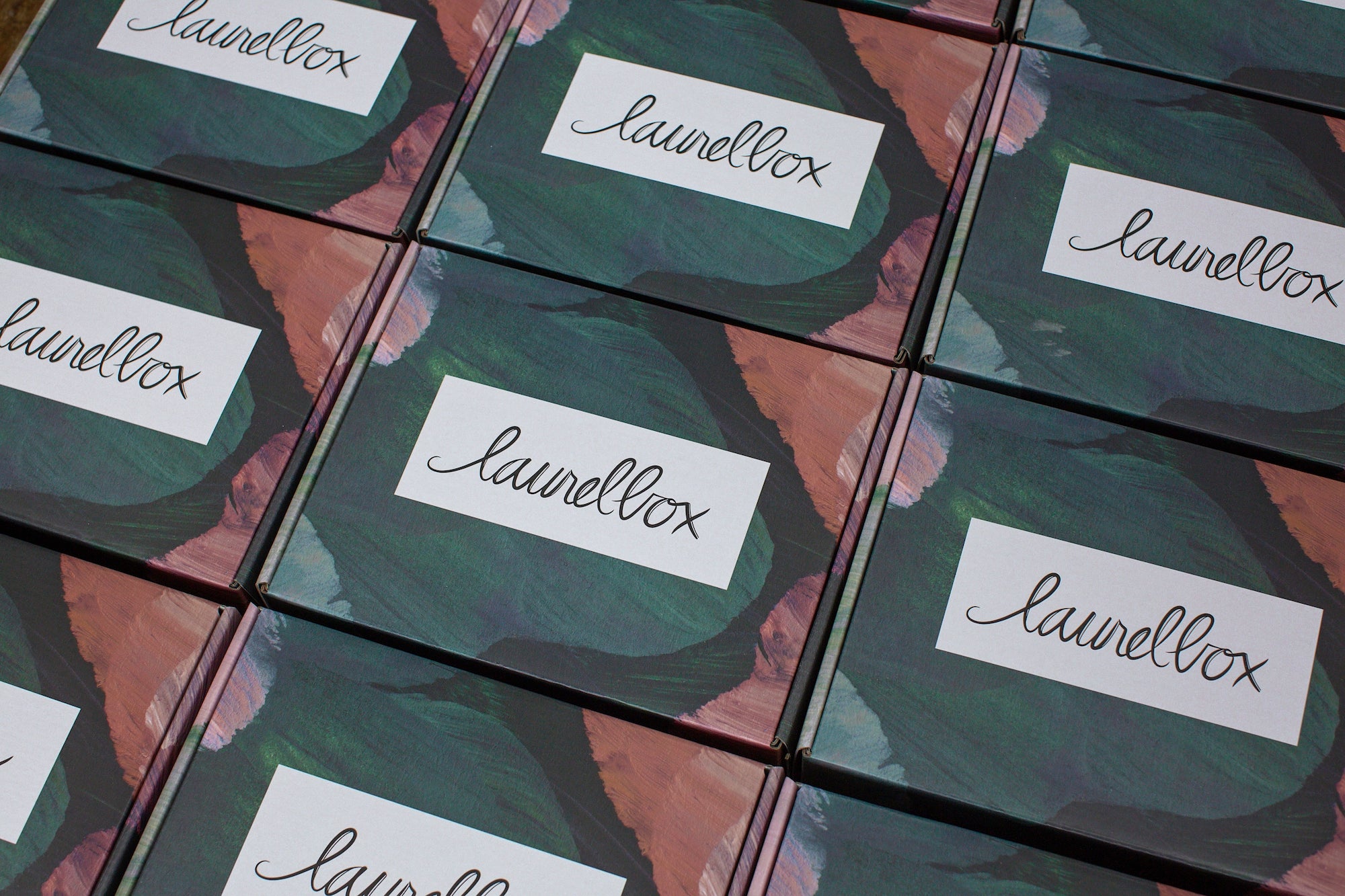
Mindfulness and Healing: Gifts to Support Mental Well-Being Through Loss
Losing a loved one, whether the death was expected or sudden, can be one of life’s most stressful events. The loss will affect you in a variety of ways both physically and emotionally. Physical manifestations of grief include crying, loss of appetite, upset stomach, sleep problems and headaches, among others. Emotional issues occur as well that could include depression, panic attacks, chronic fatigue or even thoughts of suicide. Mindfulness can play an important role in coping with grief and moving you forward on a path to healing. Mental health gifts are a thoughtful way to support your friend walking through loss.
The Role of Mindfulness in Grief
Mindfulness is simply the act of maintaining an awareness within the moment of our thoughts, feelings, body movement and the surrounding environment through a “gentle nurturing lens.” The Greater Good Science Center says it also involves “acceptance, meaning that we pay attention to our thoughts and feelings without judging them—without believing, for instance, that there’s a ‘right’ or ‘wrong’ way to think or feel in a given moment. When we practice mindfulness, our thoughts tune into what we’re sensing in the present moment rather than rehashing the past or imagining the future.”
There is no right or wrong way to grieve but there are ways to help you navigate a loss. This author for Healthline writes, “Grief may be an inevitable part of life, but how we approach it can make the difference between enormous agony and tender, delicate acceptance.” I couldn’t agree more! For some, mindfulness plays a critical role in their grieving process. Psychotherapist and grief advocate Megan Devine was interviewed for that article and shared these steps that can help you cope with grief mindfully:
- Acknowledge and accept your feelings - allow yourself to feel whatever emotions you are feeling about the loss without judgment
- Express yourself - self-expression could come through journaling, art, talking and sharing, gardening, etc
- Know you’re not alone - grief can be isolating, but it doesn’t have to be. Understand that grief is universal and connect with others in your circle or through a grief support group.
- Try grief-focused meditation - with practice, meditation can create a safe environment for your pain to exist. Mindfulness apps may help beginners.
- Create healthy boundaries - sometimes well-meaning friends and family can say or do things that aren’t that helpful. Gently but firmly communicate what you do and don’t need.
- Get “unstuck” - don’t hold on to false expectations of grieving “correctly”
- Tell your story - sharing your grief journey with others honors yourself and the memory of the loved one you lost
Grief Around the Holidays
Grief can be overwhelming at any point, but it is especially difficult around holidays. I remember Easter occurred just two weeks after we unexpectedly lost our second son Cooper at full term in March of 2016. It was heartbreaking and beautiful all at the same time as we marked the day with our almost two-year-old. “Resurrection Sunday” brought the triumph of an empty tomb, but it also reminded us that we had to bury our sweet baby and would have to wait until heaven to see him again. Other days like Mother’s Day, Father’s Day and Christmas can be particularly hard during the first year of grief. Make sure to make space to support your mental health during emotional days.
Carrying grief on holidays can feel particularly heavy. Easter occurred just two weeks after we unexpectedly lost our second son Cooper in the delivery room. Here, we look happy on the outside with our young son, but inside our hearts were broken.

Healing Through Thoughtful Gifts
Let me be clear, all gifts require thought. When we were mourning our son, each and every condolence card or gift was appreciated. We were touched so many people went out of their way to mail a card, send flowers or share a meal. But I will admit some gifts held more weight simply because they were personal, intentional and long-lasting. You can also choose to send mental health gifts that speak directly to the emotional stress grief can bring. Self care package ideas can include items focused on mindfulness and destressors. Consider the Be Still Gift Box that features a beautiful Rhythms of Grace journal alongside a Be Still pen set.
Laurelbox Gifts for Grief
Long before I was asked to write for Laurelbox, I was just someone who was on the receiving end of their beautifully curated gift boxes for grief. In the last eight years, I’ve received dozens of laurelbox gifts for various losses and I’ve probably sent over two dozen boxes to people in my life walking through loss. The small but mighty business was founded by women (co-founder Johanna is one of my favorite humans) and employs women who truly want to offer comfort and support to anyone walking through a loss or supporting a friend on their grief journey. Learn more about the team here!
Some specific gifts that support mental well-being include:
Conclusion
We hope this blog has been helpful in understanding a little bit more about the practice of mindfulness and the role it can play in maintaining your mental health during loss. Being intentional in choosing gifts for mental health and loss can provide a great deal of love and support for those you care about. No single mental health care package will “fix” someone’s grief but it certainly will let them know you acknowledge their loss and are there for them - however and whenever they choose to reach out.
LANNA BRITT
Lanna Britt was a national news producer in Washington DC for nearly a decade covering politics, breaking news and current events. She now lives with her husband and three children in Richmond VA. She has two sweet babies she’ll meet again in heaven.



